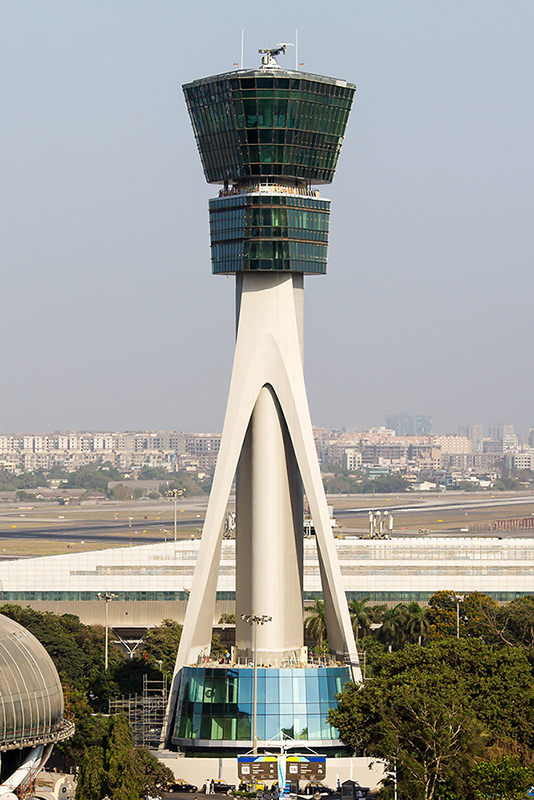Learn how to operate a plane
- Understanding Aerodynamics
- Basic Instrument Understanding
- Operating Protocols
- Takeoff Procedures
- Cruising & Instrument Navigation
- Effect of Weather on Flight
- Air Traffic Control Communication
- Emergency Situations
- Night and High-Altitude Operations
- Revisiting Essential Concepts
Operating Protocols
Understanding and Practicing Aviation Radio Protocols

Service provided for the purpose of preventing collisions between aircraft, and on the manoeuvring area between aircraft and obstructions; and expediting and maintaining an orderly flow of air traffic.
Effective communication is a crucial aspect of aviation. It ensures the smooth operation of aircraft and the safety of all passengers on board. This unit will delve into the importance of radio communication in aviation, the standard aviation alphabet and phrases, how to communicate effectively with air traffic control, the different types of radio calls, and how to practice radio communication skills.
Importance of Radio Communication in Aviation
Radio communication serves as the lifeline between pilots and air traffic control (ATC). It provides pilots with vital information such as weather updates, runway conditions, and other aircraft in the vicinity. It also allows ATC to coordinate the movement of multiple aircraft, ensuring safe and efficient operations.
Standard Aviation Alphabet and Phrases
To avoid confusion and miscommunication, the aviation industry uses a standard phonetic alphabet. This alphabet assigns words to letters to ensure clarity during radio communication. For example, 'A' is 'Alpha,' 'B' is 'Bravo,' and so on.
In addition to the phonetic alphabet, there are standard phrases used in aviation communication. Some common phrases include 'Roger' (understood), 'Wilco' (will comply), and 'Mayday' (distress signal).
Communicating Effectively with Air Traffic Control
Effective communication with ATC involves clear, concise, and correct information. Pilots should always listen before transmitting to avoid interrupting other communications. When transmitting, pilots should speak clearly and at a moderate speed. They should also confirm instructions from ATC to ensure they have understood correctly.
Different Types of Radio Calls
There are various types of radio calls in aviation, each serving a specific purpose. Some common types include:
- Initial Call: The first call you make to a new ATC facility or sector.
- Position Report: Used to inform ATC of your current location.
- Request: Used when asking for something, such as a change in altitude.
- Emergency Call: Used to declare an emergency situation.
Practicing Radio Communication Skills
Practicing radio communication skills is essential for becoming a proficient pilot. This can be done through flight simulators, role-playing exercises, or even listening to live ATC broadcasts. The goal is to become comfortable with using the phonetic alphabet, standard phrases, and proper communication procedures.
In conclusion, mastering radio protocols is a vital part of aircraft operation. It ensures safety, efficiency, and contributes to the overall success of any flight operation.